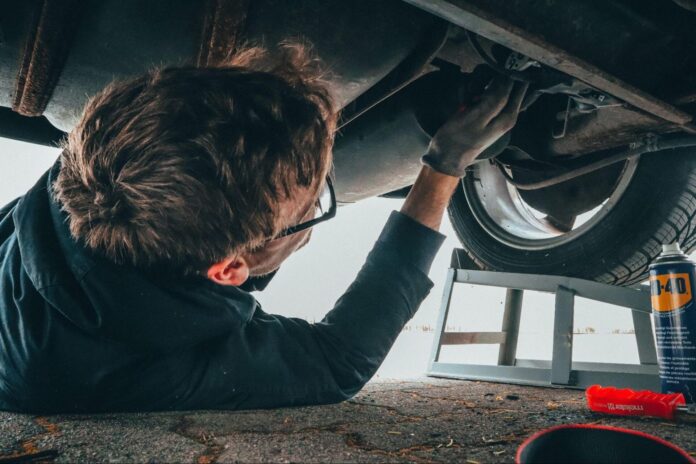Do you Get Extra Money If you Pee Yourself in a Car Accident
Believe it or not, the question “Do you get extra money if you pee yourself in a car accident” is one that’s been asked more than once. Sounds odd, doesn’t it? Yet, for those who’ve experienced the shock and fear of a severe collision, it might not seem so strange. After all, accidents can be terrifying events that trigger involuntary reactions – like peeing your pants out of sheer fright.
But does such an unfortunate event lead to additional compensation in your insurance claim? The short answer: not typically. Insurance claims primarily focus on physical injuries and damage to property rather than emotional distress or embarrassment. However, there could be exceptions under specific circumstances which I’ll delve into further down the article.
Now let’s add another layer to this complex question: “Can you still receive extra money if you’re partially at fault?” The straightforward response here would be yes – but with a big fat asterisk attached! Being partially at fault may indeed reduce your claim amount depending on state laws and the specifics of your case. But rest assured we’ll dissect this topic thoroughly too.
Understanding Car Accident Claims
Car accidents are harrowing experiences, and the aftermath can be just as daunting. If you’re involved in a car accident, it’s crucial to understand how accident claims work. Whether you’ve peed yourself out of fear or not doesn’t necessarily play into your claim.
Insurance companies primarily focus on physical injuries and property damage when determining compensation. That said, mental distress or psychological trauma resulting from an accident can sometimes factor into a claim. It’s important to remember that each case is unique and depends on the specifics of your situation.
Now let’s say you’re partially at fault for the accident. In many states, there’s something called comparative negligence law. Under this rule, if you’re found to be partly responsible for the incident, your compensation might be reduced by your percentage of fault. For instance, if you’re 30% at fault and have damages worth $10000, you’d potentially receive only $7000.
However, keep in mind these laws vary from state to state – some follow pure comparative negligence rules while others adopt modified versions. In certain jurisdictions known as contributory negligence states, if you bear any percentage of fault (even as little as 1%), it may bar recovery altogether.
Beyond all this complexity lies one fundamental principle: honesty is paramount when dealing with car accident claims. Exaggerating or making false statements about the extent of your distress could lead to serious legal consequences down the line.
The process can seem overwhelming at first glance but understanding these basics provides a solid foundation for navigating car accident claims successfully.

The Concept of ‘Peeing Yourself’ in Accidents
Let’s dive right into it. One question that’s been circulating lately is “Do you get extra money if you pee yourself in a car accident?” It might sound humorous or even absurd, but it’s worth discussing nonetheless. To understand this fully, we need to break down the concept.
Firstly, peeing oneself during an accident is a physiological response. When under intense stress or fear – such as during a car crash – the body can involuntarily release urine. This isn’t something one controls or plans; it just happens.
Now, onto financial compensation. In most cases, insurance companies determine payouts based on actual damages and injuries sustained during the accident – not emotional distress or embarrassment caused by involuntary urination. Therefore, peeing yourself doesn’t usually qualify for additional monetary rewards.
However, there are exceptions to every rule. In some states and under certain circumstances, if you can prove severe emotional trauma caused by the incident (including humiliation from peeing yourself), you may be eligible for extra compensation referred to as ‘pain and suffering’. But remember: this largely depends on your location and specific case details.
Lastly, let’s tackle another query: “Can you still receive extra money if you’re partially at fault?” Generally speaking, being partially at fault could reduce your overall settlement amount because many places operate under comparative negligence laws. These laws mean that your payout might decrease proportional to your percentage of fault in the accident.
Here are crucial points:
- Peeing oneself is an involuntary response to extreme stress.
- Insurance companies typically don’t award extra money for this occurrence.
- Some locations might consider severe emotional trauma for additional payouts.
- Being partially at fault may reduce potential settlements due to comparative negligence laws.
There’s no set-in-stone answer here because each case varies hugely depending on numerous factors like location-specific regulations and individual insurance policies. So, while it’s possible to get extra money in these situations, it’s definitely not assured or standard.


